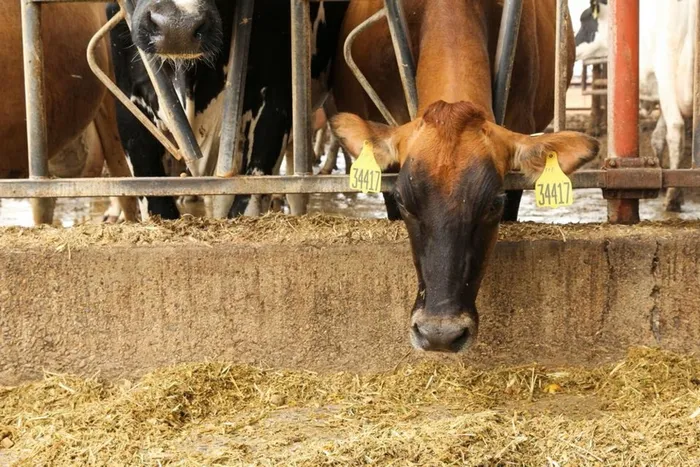
Small-scale farmers in KwaZulu-Natal call for equitable share of foot and mouth disease (FMD) vaccines.
Image: Supplied
Small-scale farmers in KwaZulu-Natal (KZN) have raised concerns regarding the distribution of foot and mouth disease (FMD) vaccines in the province, which highlighted the need for improved access in rural areas.
Mbongeni Sikhakhane, the KZN chairperson representing these farmers, emphasised that the government's current vaccination strategy appears to favour large farms while neglecting remote communities.
“These vaccines are not reaching us in in deep rural areas,” Sikhakhane stated.
He urged authorities to reassess the distribution process for the benefit of all farmers in the province.
The outbreak of FMD first stirred concern in March 2022, following the identification of cases on farms in the Potchefstroom and Ventersdorp areas of the North West province.
Despite stringent measures to contain the disease, investigations revealed that the FMD virus had spread to surrounding farms within a 10-kilometre radius, leading to outbreaks in provinces that were previously free from the disease.
The spread was largely attributed to the illegal movement of cloven-hoofed animals from FMD-controlled zones to areas declared FMD-free.
More than 40 dip tanks tested positive for the disease, highlighting ongoing violations of movement protocols since the disease was declared 'controlled' in September 2021.
By the beginning of this year, KZN was grappling with about 180 active outbreaks, with cases also reported in Mpumalanga.
Minister of Agriculture, John Steenhuisen, provided an update during a media briefing. He said that additional outbreaks emerged in Gauteng, North West, western Mpumalanga, and the Free State by late May 2025.
Steenhuisen explained the dual factors contributing to the outbreak, both farm-to-farm transmission and 'pinpoint' introductions, were linked to livestock movement that disregarded isolation protocols.
To counteract the spread, the department procured 900,000 doses of vaccine from the Botswana Vaccine Institute, amounting to R72 million this financial year.
The first batch of 500,000 doses arrived in June and primarily targeted cattle in KZN, as well as Mpumalanga, Limpopo, Gauteng, North West, and Free State.
Recently, an additional 400,000 doses were received, with 50,000 already distributed to areas facing outbreaks.
DAILY NEWS